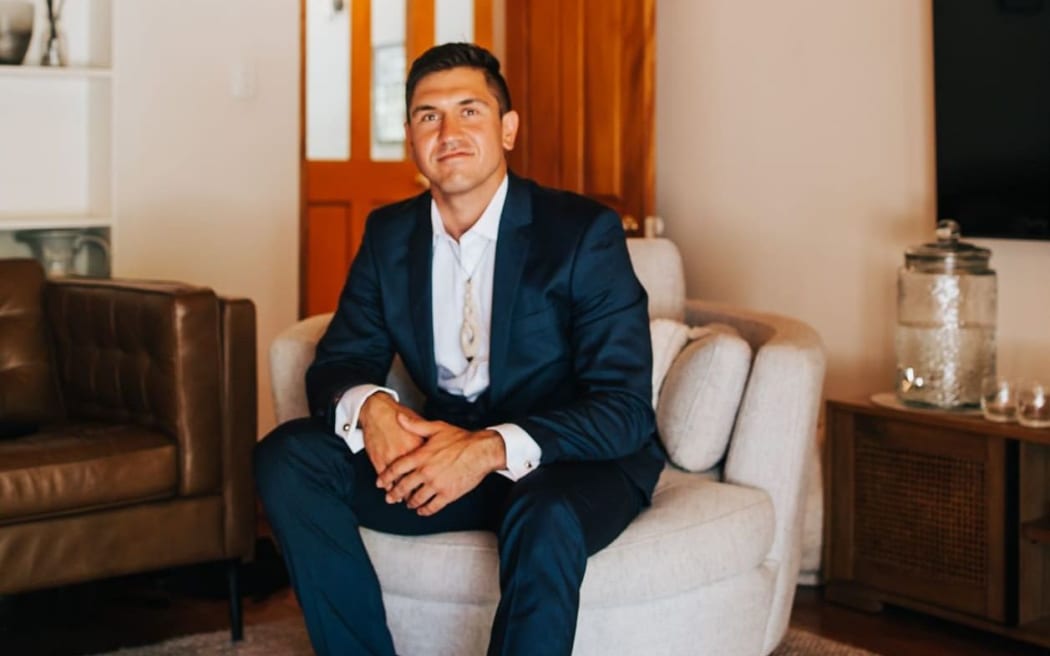Health
WĀHI Launches Project to Enhance Mental Health Support for Young Māori

A new research initiative by the youth charity **WĀHI** aims to improve mental health support for young Māori in the rural regions of **Bay of Plenty**. This three-year project, funded through a collaboration with the **Clare Foundation** and supported by **Te Whare Wānanga o Awanuiārangi**, seeks to gather insights from local youth about how best to address their mental health needs.
Engaging Local Schools
The project will involve partnerships with several local educational institutions, including **Whakatāne High School**, **Te Kura o Te Whānau-a-Apanui**, and **Tarawera High School**. The focus will be on integrating Māori philosophies and values into mental health promotion strategies. **Luke Gray**, the founder of WĀHI and a trained occupational therapist, will lead the effort, drawing on his extensive experience in the Eastern Bay of Plenty. Gray’s work has already reached thousands through the **PETRA Programme**, an initiative designed to educate young people about mental health through engaging activities.
Gray, who is affiliated with **Ngāti Pūkeko**, understands the challenges young people face in expressing their struggles. “It can be difficult for anyone, but especially for rangatahi, to say ‘I’m struggling,'” he noted. He believes that proactive measures are essential, highlighting the inaccessibility of mental health services for families traveling long distances for support. “For whānau to travel two or three hours for a one-hour counselling session is not feasible,” Gray explained. “Our approach is to meet people where they are, rather than waiting for them to come to us.”
A Personal Journey Inspires Change
Gray’s commitment to supporting rangatahi stems from personal experiences. He moved from Australia to Aotearoa at the age of 18, bringing his family along a year later. His sister struggled to adapt to her new environment, facing significant challenges that eventually led to a diagnosis of anxiety and depression. Following a distressing incident where she attempted to take her own life, Gray recognized the urgent need for better mental health support for young people.
Reflecting on this experience, he said, “I didn’t know the questions to ask, and I didn’t know how to approach it.” This realization motivated him to create resources that would help young individuals feel valued and understood. The **PETRA Programme**, named after his sister, aims to empower youth by promoting resilience and emotional awareness.
Gray is optimistic that the new project will equip rangatahi with the skills to identify their own emotions and recognize when their peers may be struggling with similar issues. He emphasized the role of social media in increasing awareness of mental health challenges among young people. “Regardless of where I go, whether it’s in the middle of Te Urewera or in Whakatāne, over 90 percent of the kids know about depression and anxiety,” he said.
Despite this awareness, Gray pointed out that access to appropriate mental health services remains a significant barrier in rural areas. The research aims to better understand the specific needs of rangatahi, ensuring that their voices are heard and considered.
Gray, alongside his wife, who is also an occupational therapist, will work on this initiative to ensure that the mental health needs of young Māori are addressed comprehensively. He encourages any rangatahi facing mental health challenges to reach out for support. “There are people who care for you and want to help you thrive,” he affirmed.
For those in need of immediate assistance, emergency services can be reached by calling **111**.
-

 Sports1 month ago
Sports1 month agoNetball New Zealand Stands Down Dame Noeline Taurua for Series
-

 Entertainment1 month ago
Entertainment1 month agoTributes Pour In for Lachlan Rofe, Reality Star, Dead at 47
-

 Entertainment1 week ago
Entertainment1 week agoNew ‘Maverick’ Chaser Joins Beat the Chasers Season Finale
-

 Sports1 month ago
Sports1 month agoSilver Ferns Legend Laura Langman Criticizes Team’s Attitude
-

 Entertainment2 months ago
Entertainment2 months agoKhloe Kardashian Embraces Innovative Stem Cell Therapy in Mexico
-

 Sports2 months ago
Sports2 months agoGaël Monfils Set to Defend ASB Classic Title in January 2026
-

 World3 months ago
World3 months agoPolice Arrest Multiple Individuals During Funeral for Zain Taikato-Fox
-

 Politics2 weeks ago
Politics2 weeks agoNetball NZ Calls for Respect Amid Dame Taurua’s Standoff
-

 Entertainment3 weeks ago
Entertainment3 weeks agoTyson Fury’s Daughter Venezuela Gets Engaged at Birthday Bash
-

 Sports3 weeks ago
Sports3 weeks agoHeather McMahan Steps Down as Ryder Cup Host After Controversy
-

 Entertainment3 weeks ago
Entertainment3 weeks agoTyson Fury’s Daughter Venezuela Gets Engaged at Birthday Bash
-

 World3 weeks ago
World3 weeks agoNew Zealand Firefighters Plan Strike on October 17 Over Pay Disputes





















